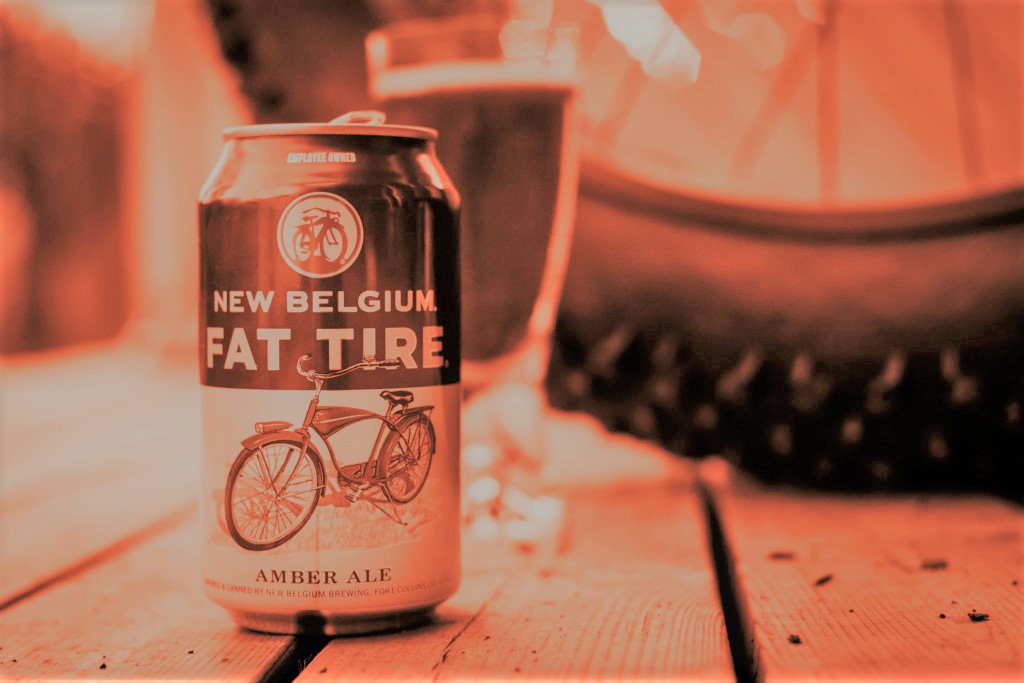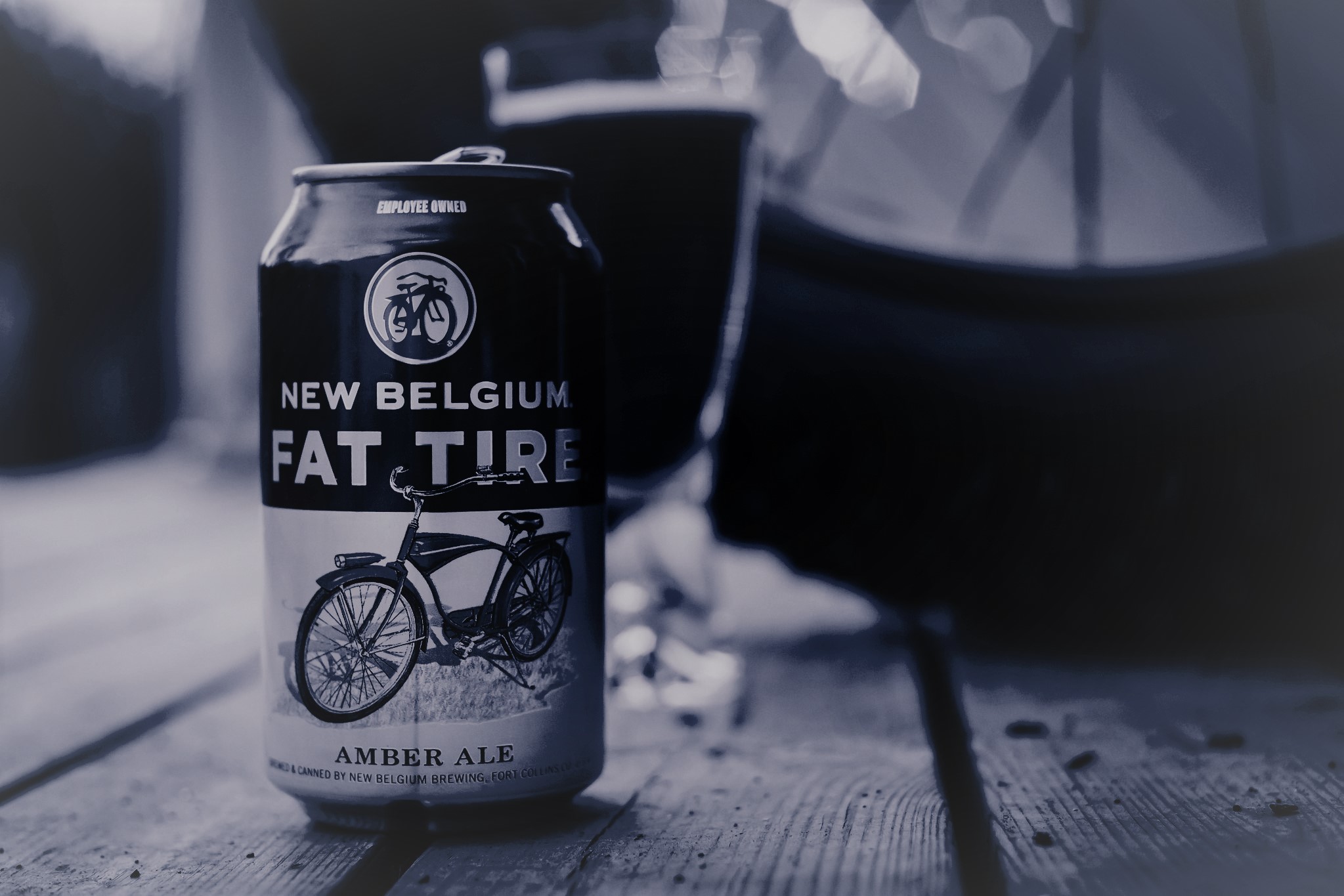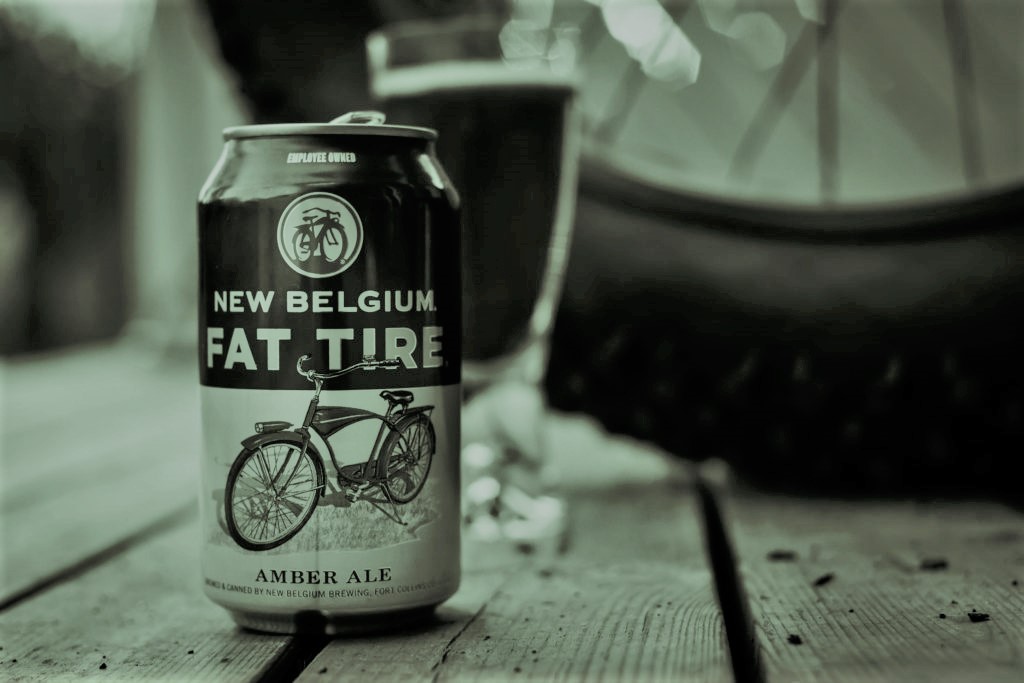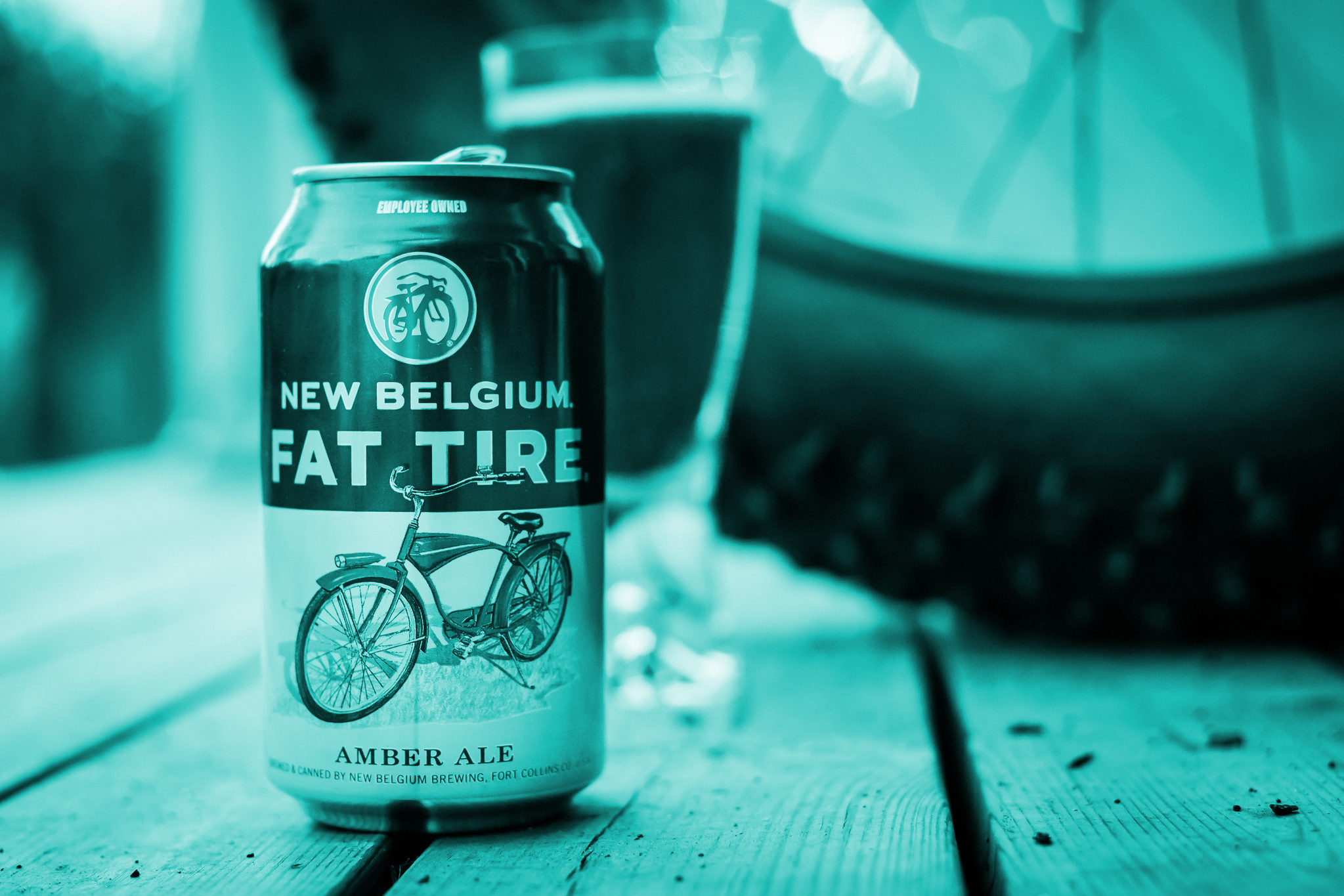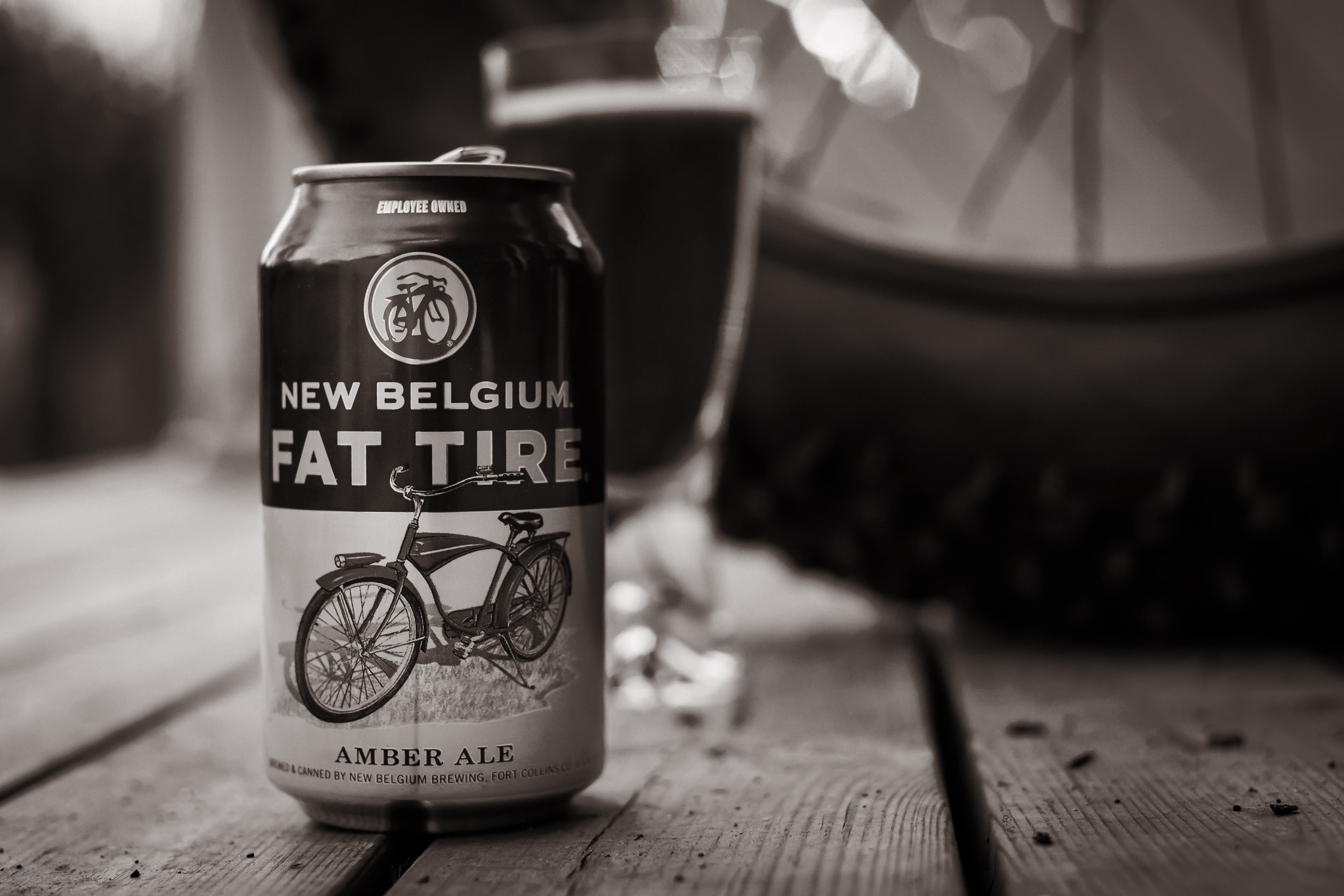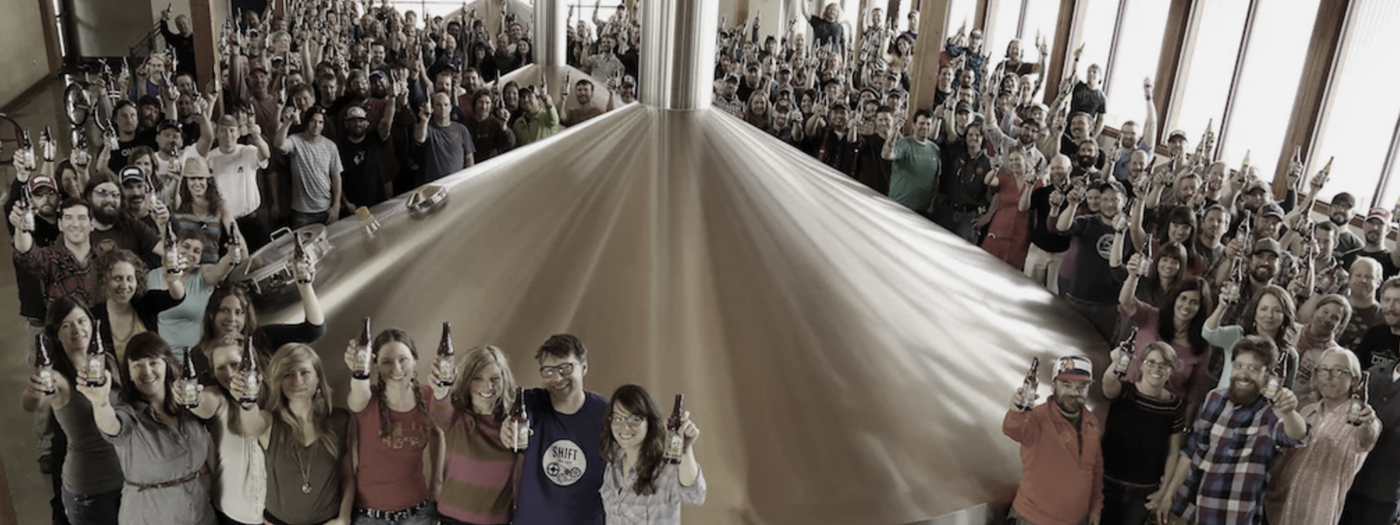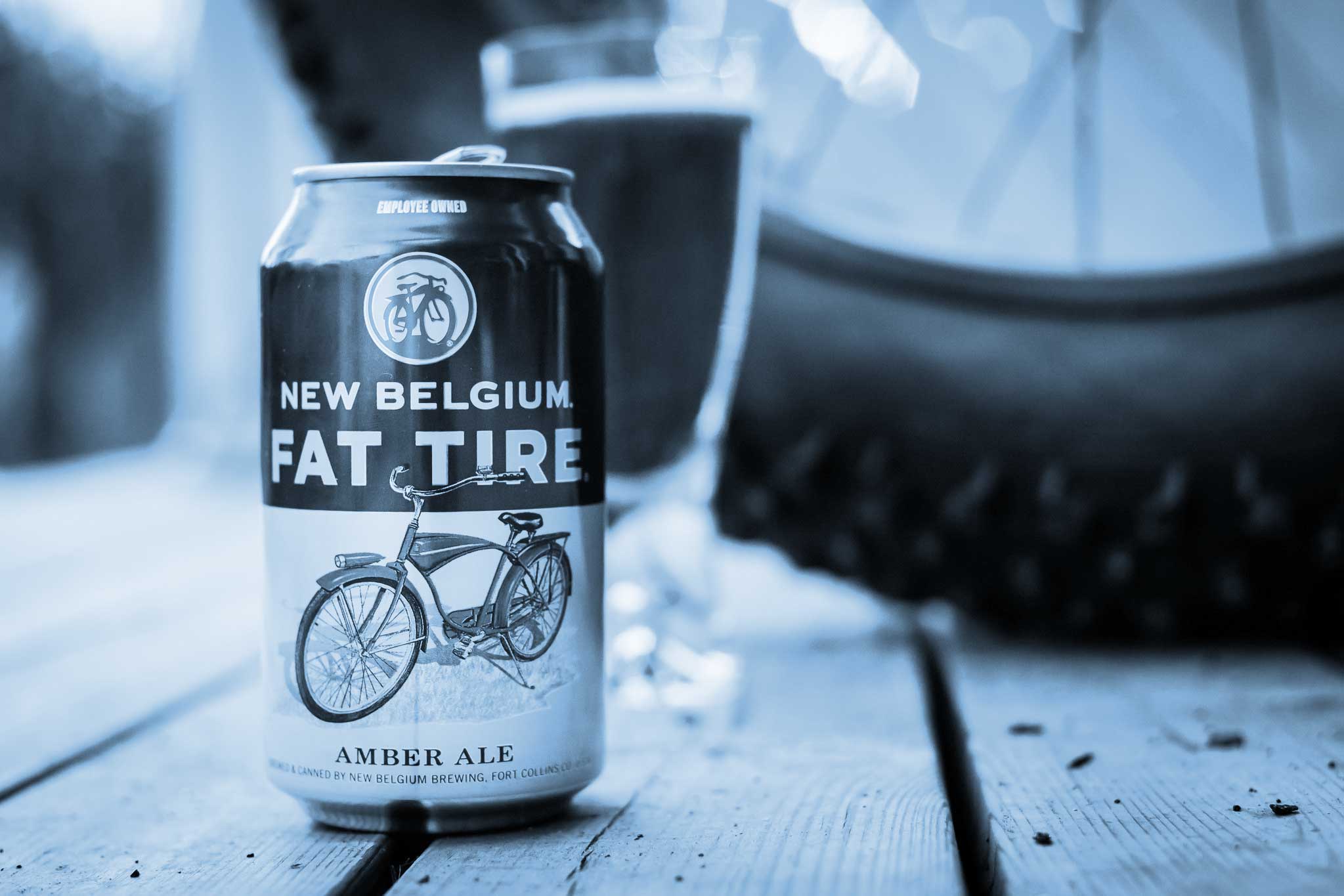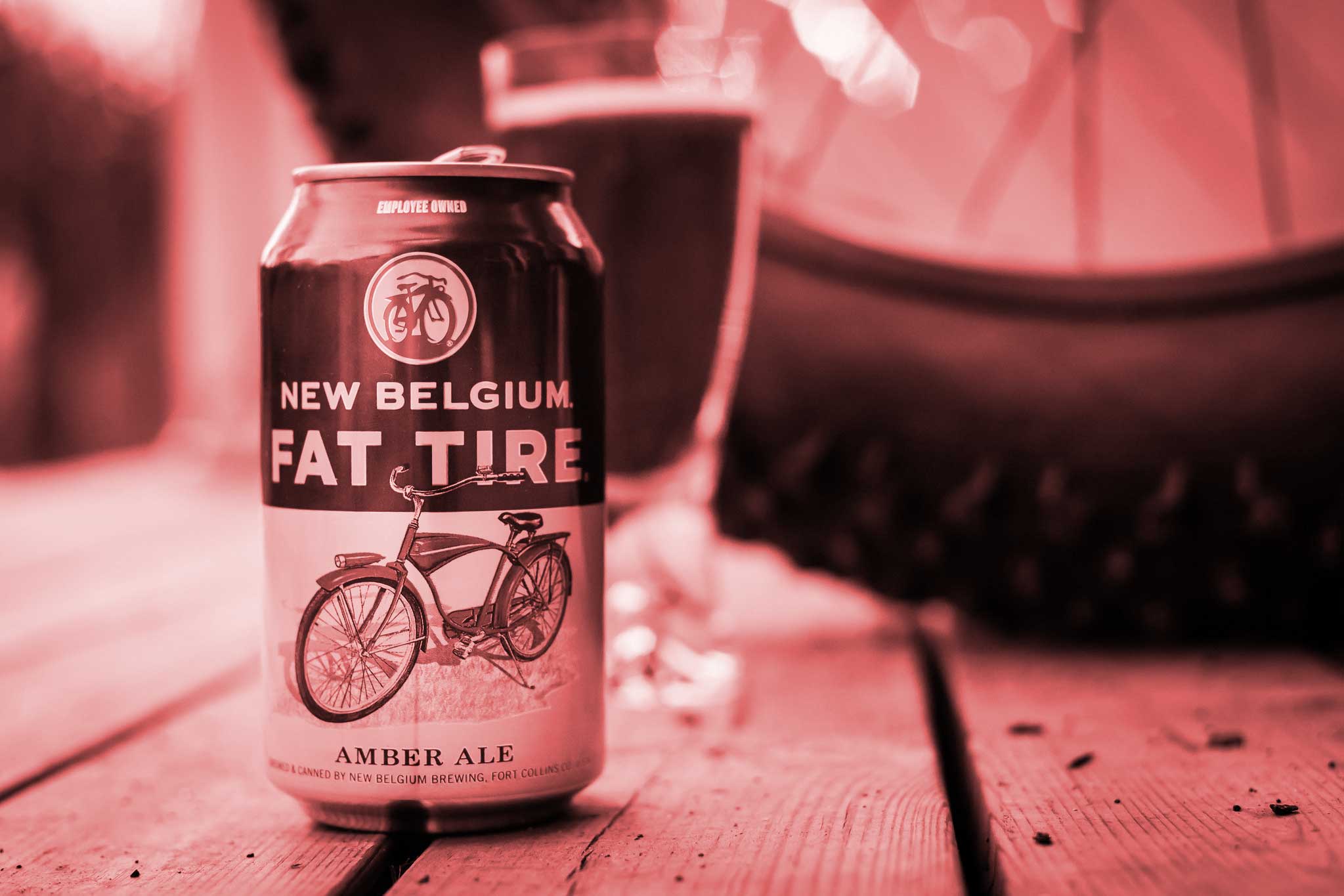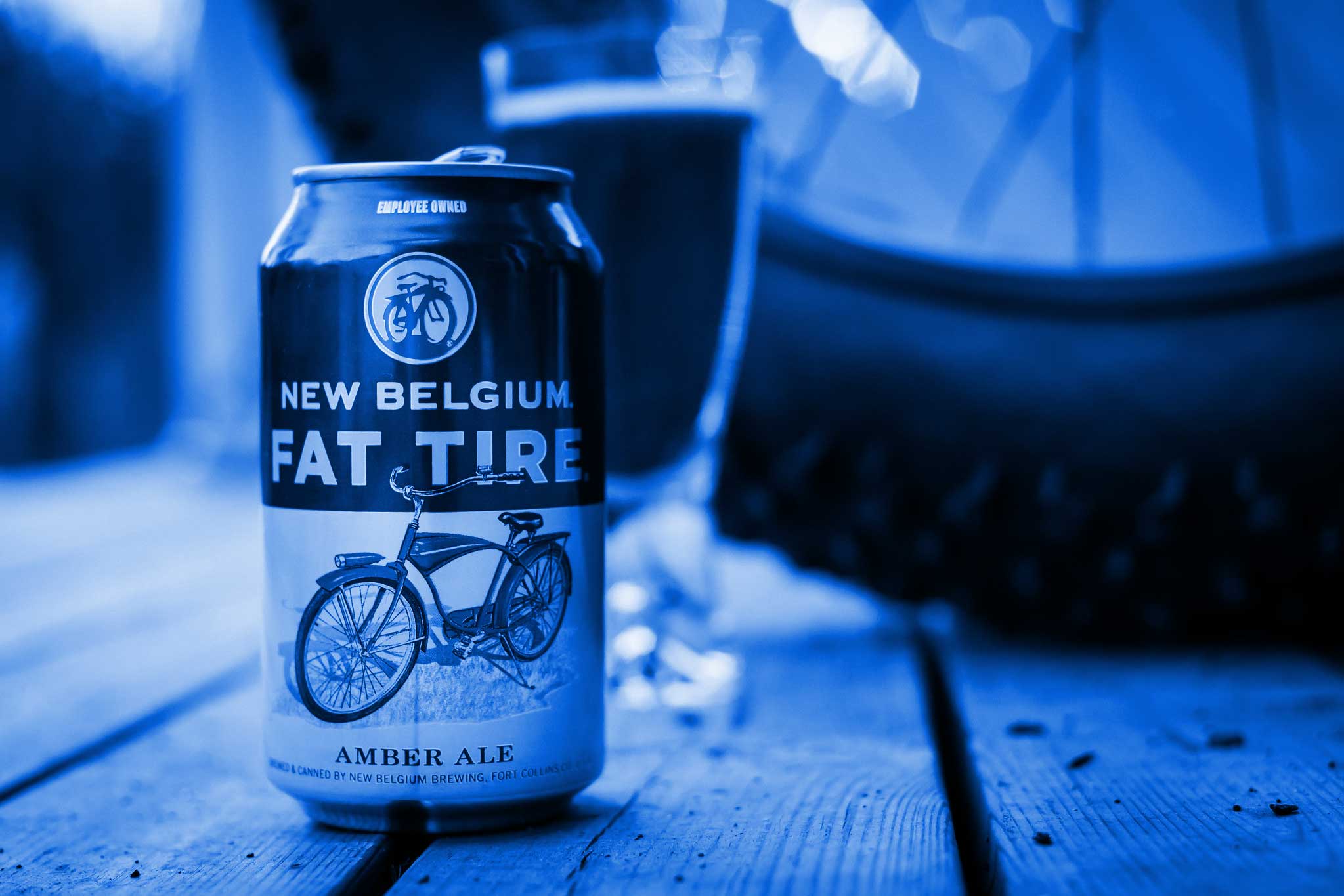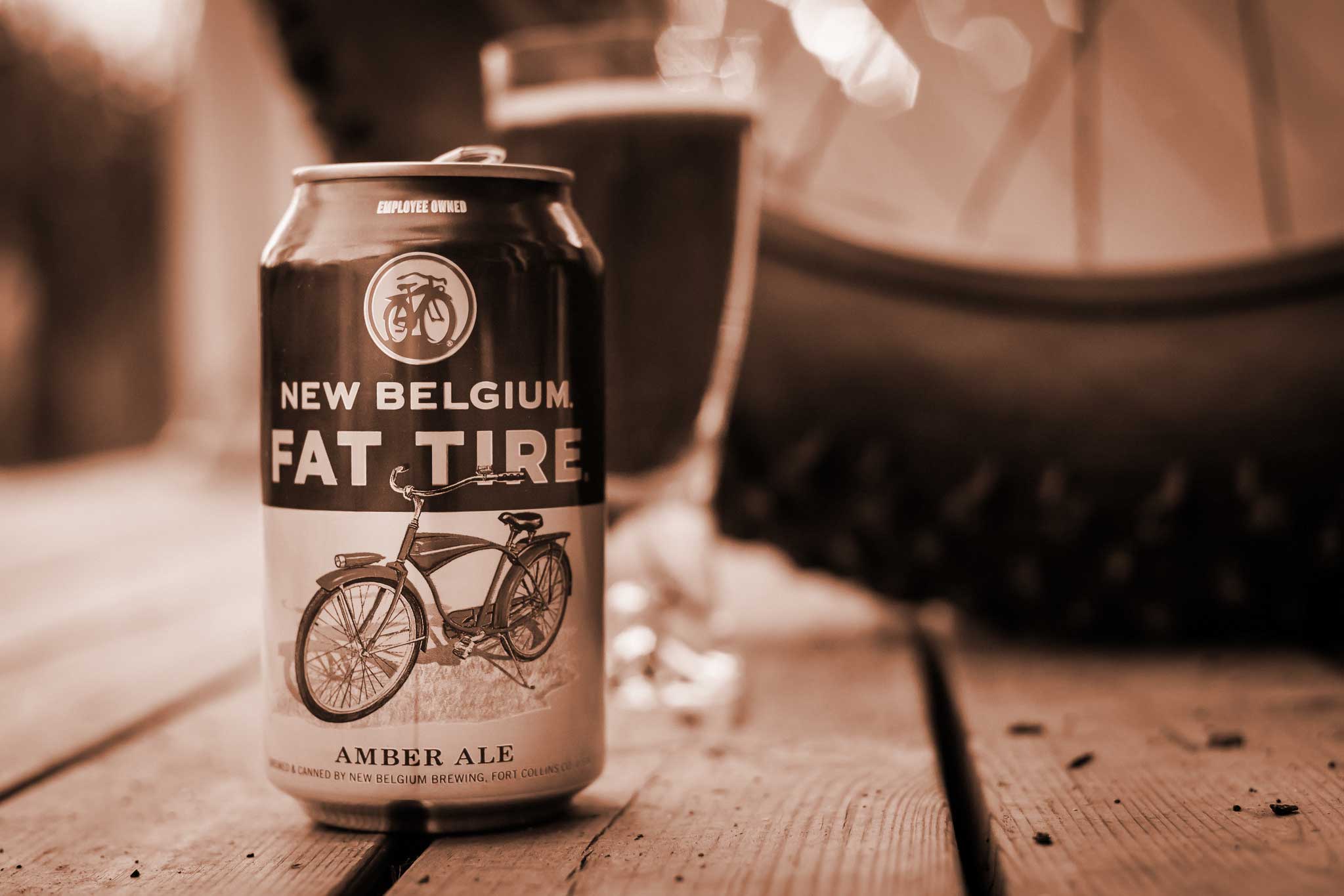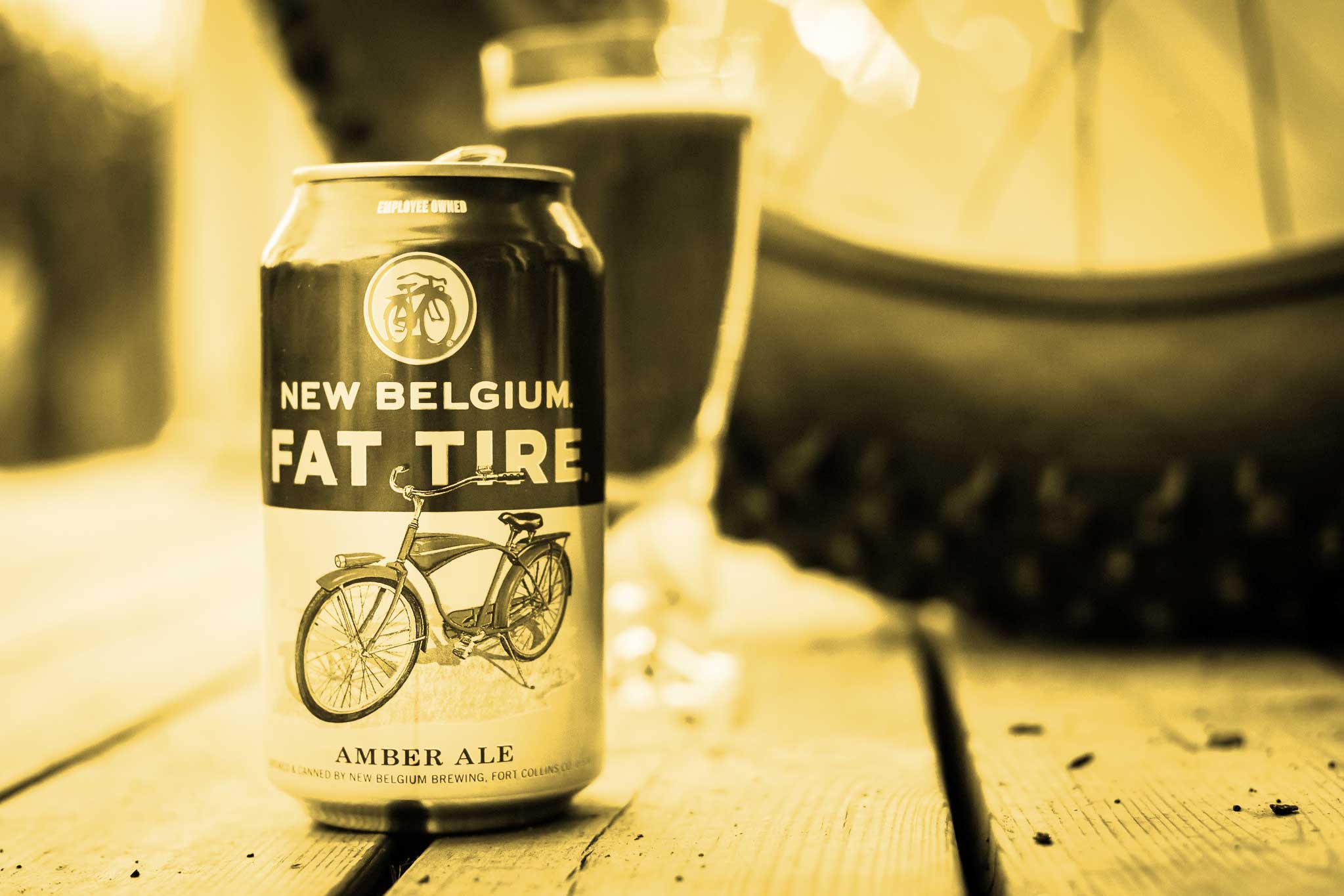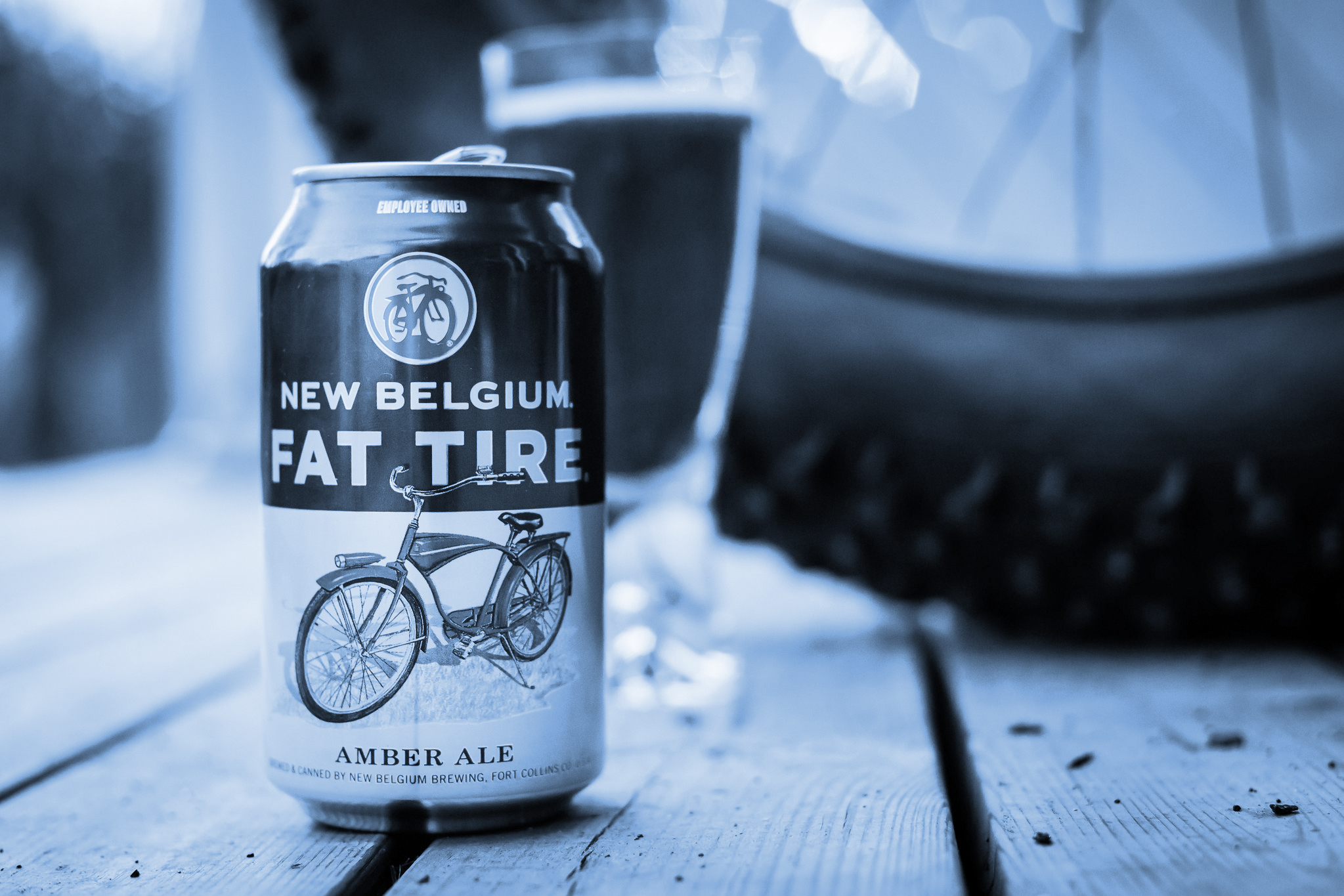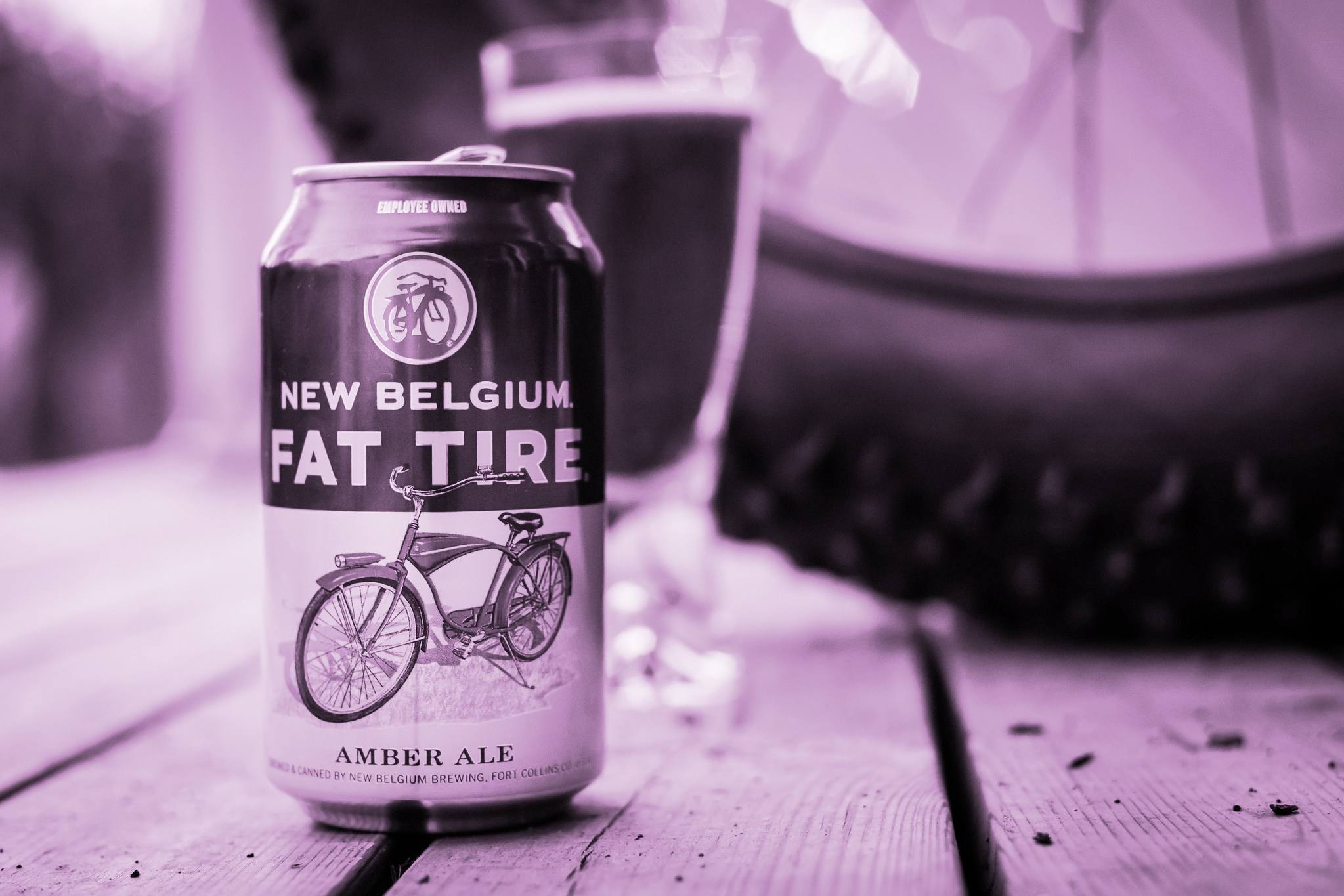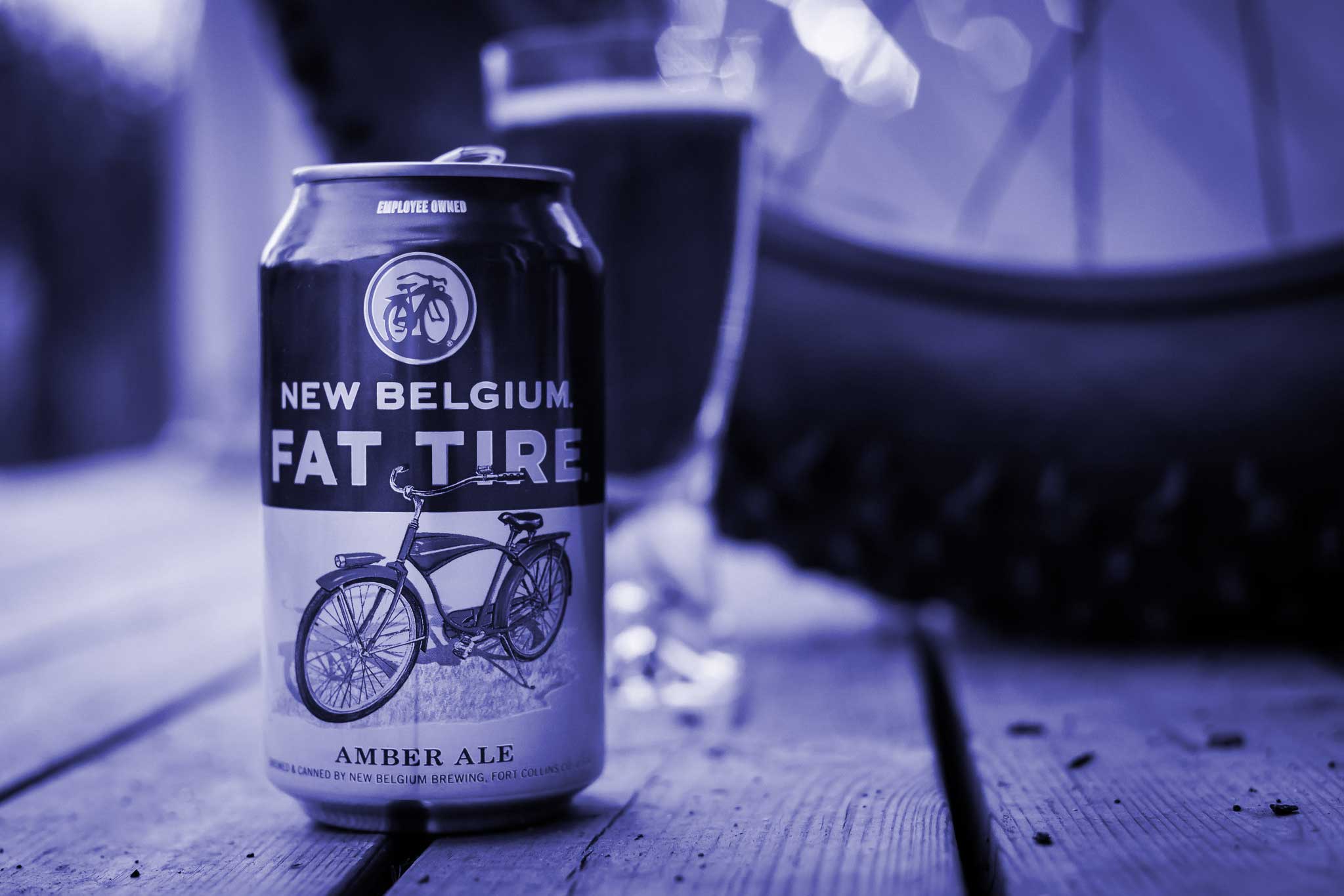In the 27 years of its existence, New Belgium Brewing has made its mark as one of the great success stories in the history of employee ownership. It became the fourth largest brewery in the United States. It was a certified B corporation that donated $26 million to charity, and was the first brewery to join 1% for the Planet. During its life as an employee-owned business it will have distributed $190 million to its past and current employee-owners, including final distributions from the proceeds of the company’s sale of $100,000 or more to each of the current ESOP participants.
This is not the obituary of New Belgium Brewing. It is a recognition of the spectacularly successful completion of the first portion of the life cycle of this remarkable enterprise. The management of the company, in announcing its sale, called it a “leader in sustainability.” How can a company be sustainable when it has agreed to sell itself? The answer is that sustainability isn’t the same as immortality, and it certainly doesn’t mean stagnation.
Like people, businesses go through life cycles. Truly successful businesses find ways to grow through their life cycles, moving from one to the next at appropriate times and for appropriate reasons. It looks like New Belgium Brewing had good reasons to believe that the time had come to move on. The leadership is staying on, and the employee-owners are keeping their jobs. The company’s headquarters will stay in place. The new owner seems like a good fit, a company that appears to share New Belgium Brewing’s values in many ways. We should wish them well.
Sustainability isn’t the same as immortality, and it certainly doesn’t mean stagnation.
While the business continues, the employee ownership chapter of New Belgium Brewing’s life now ends. Its legacy lives on, however. Its resounding success will surely inspire others who follow. It has demonstrated dramatically that a business can attain remarkable financial results while establishing itself as a leader in serving the interests and values of its employee-owners and other stakeholders beyond purely financial returns on investment. Whatever the future may hold for the ongoing business, that much has been permanently established. What could be a more sustainable legacy?
Jared Kaplan is the CEO of Delaware Place Advisory Services, LLC, a consulting firm he founded after his retirement in 2017 from the law firm of McDermott Will & Emery, where he headed the ESOP Practice Group. He is the co-author of Bloomberg Bureau of National Affairs (BNA) Tax Management Portfolio 354-9th, ESOPs (2017) and BNA Corporate Practice Portfolio 62-4th, ESOPs in Corporate Transactions (2018).
